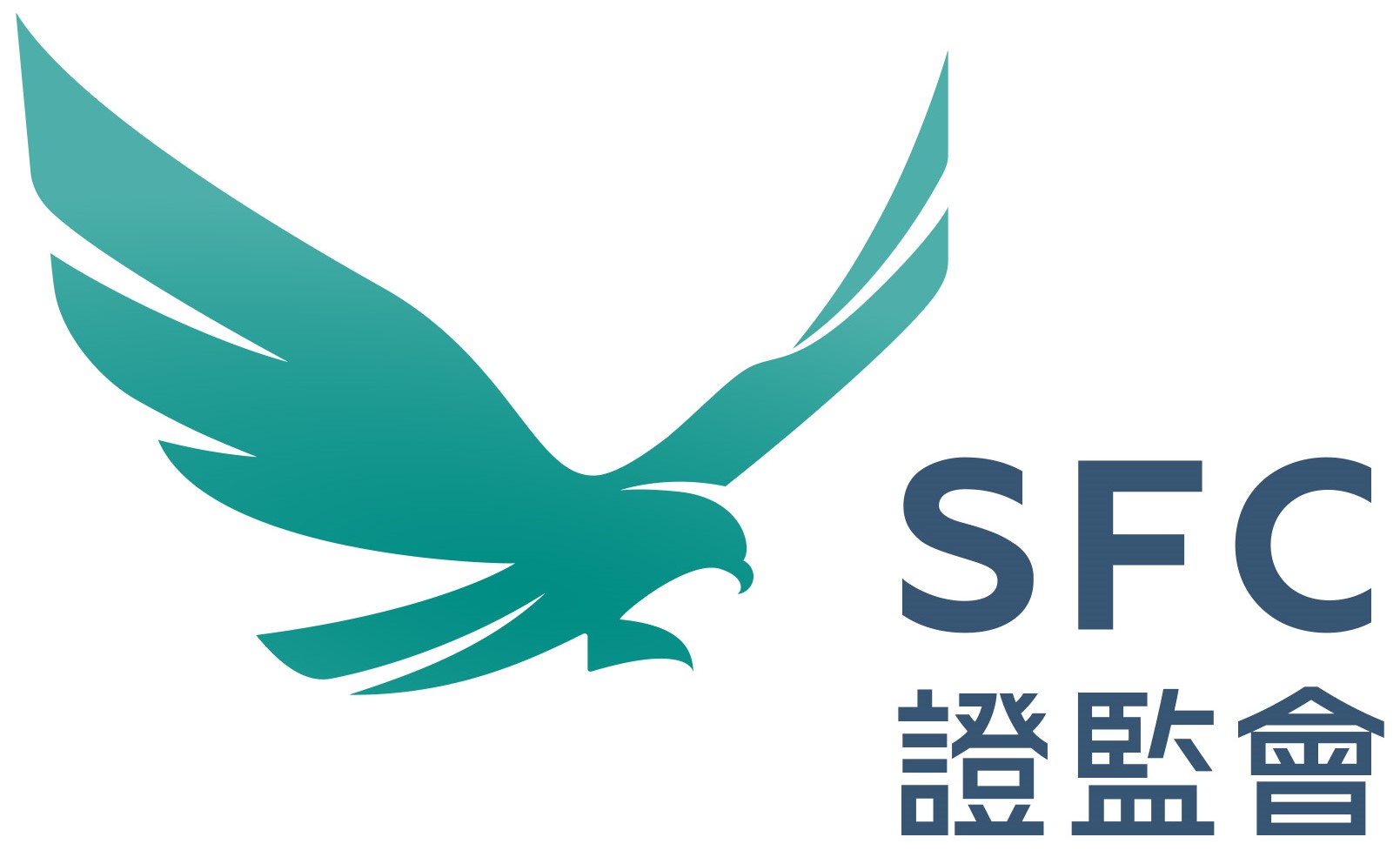
Hong Kong Regulator Set to Approve More Crypto Exchange Licenses by Year-End
Hong Kong’s Securities and Futures Commission (SFC) is poised to issue additional licenses to cryptocurrency exchanges operating in the region by the end of this year, according to recent statements from the regulator’s chief executive, Julia Leung.
In an interview with local media outlet HK01, Leung revealed that the SFC has completed the first phase of on-site inspections for 11 platforms currently on the “deemed-to-be-licensed” list. These applicants have been asked to make necessary adjustments to meet regulatory requirements.
“Our goal is to see significant progress by the end of the year, including issuing licenses in batches,” Leung stated. This move aligns with Hong Kong’s broader strategy to position itself as a leading hub for cryptocurrency and financial technology.
The SFC has already granted licenses to three crypto exchanges under the new regulatory regime: OSL, HashKey, and most recently, HKVAX. The addition of HKVAX to the list of approved exchanges marks a step forward in Hong Kong’s efforts to create a regulated crypto ecosystem.
Anthony Ng, co-founder and CEO of HKVAX, commented on the significance of obtaining the license: “This aligns with Hong Kong’s goals to strengthen its position as a financial hub and international asset management center. Obtaining the license affirms HKVAX and demonstrates Hong Kong’s resolve to lead in the virtual asset industry.”
However, the path to licensing has not been without challenges. Some industry observers, including Hong Kong lawmaker Duncan Chiu, have expressed concerns that the current regulatory framework may be too stringent. Chiu argued that these strict rules have deterred major global exchanges from entering the Hong Kong market, with several withdrawing their license applications.
Despite these concerns, the SFC remains committed to its regulatory approach. As part of its 2024-2026 strategy, the commission plans to further develop regulations for virtual asset trading platforms, support the tokenization of traditional financial products, and explore the use of blockchain and Web3 technologies.
Leung also addressed the regulator’s efforts to combat illicit activities in the crypto space. Following the JPEX scandal, which allegedly defrauded over 2,500 Hong Kong residents of approximately $165 million, the SFC has strengthened its oversight of unlicensed firms and established a task force with local law enforcement to address illicit crypto exchange activities.
While challenges remain, the upcoming license approvals may provide clarity and confidence to both industry participants and investors in Hong Kong’s evolving crypto landscape. As the year draws to a close, all eyes will be on the SFC to see how many of the 11 applicants successfully navigate the regulatory process and join the ranks of licensed crypto exchanges in the territory.





